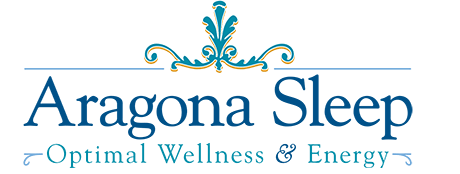Southeast Michigan’s Patient Guide
for Sleep Apnea Treatment
Many people struggle with sleep apnea, with about one in four men and one in ten women experiencing it. Despite what some believe, this issue is not limited to snoring loudly or feeling groggy the next day; it’s also linked to serious health concerns like hypertension, stroke, type 2 diabetes and heart attacks. Tackling sleep apnea early on is key. Aragona Sleep helps patients identify and manage this condition without resorting to invasive, surgical treatment options.
